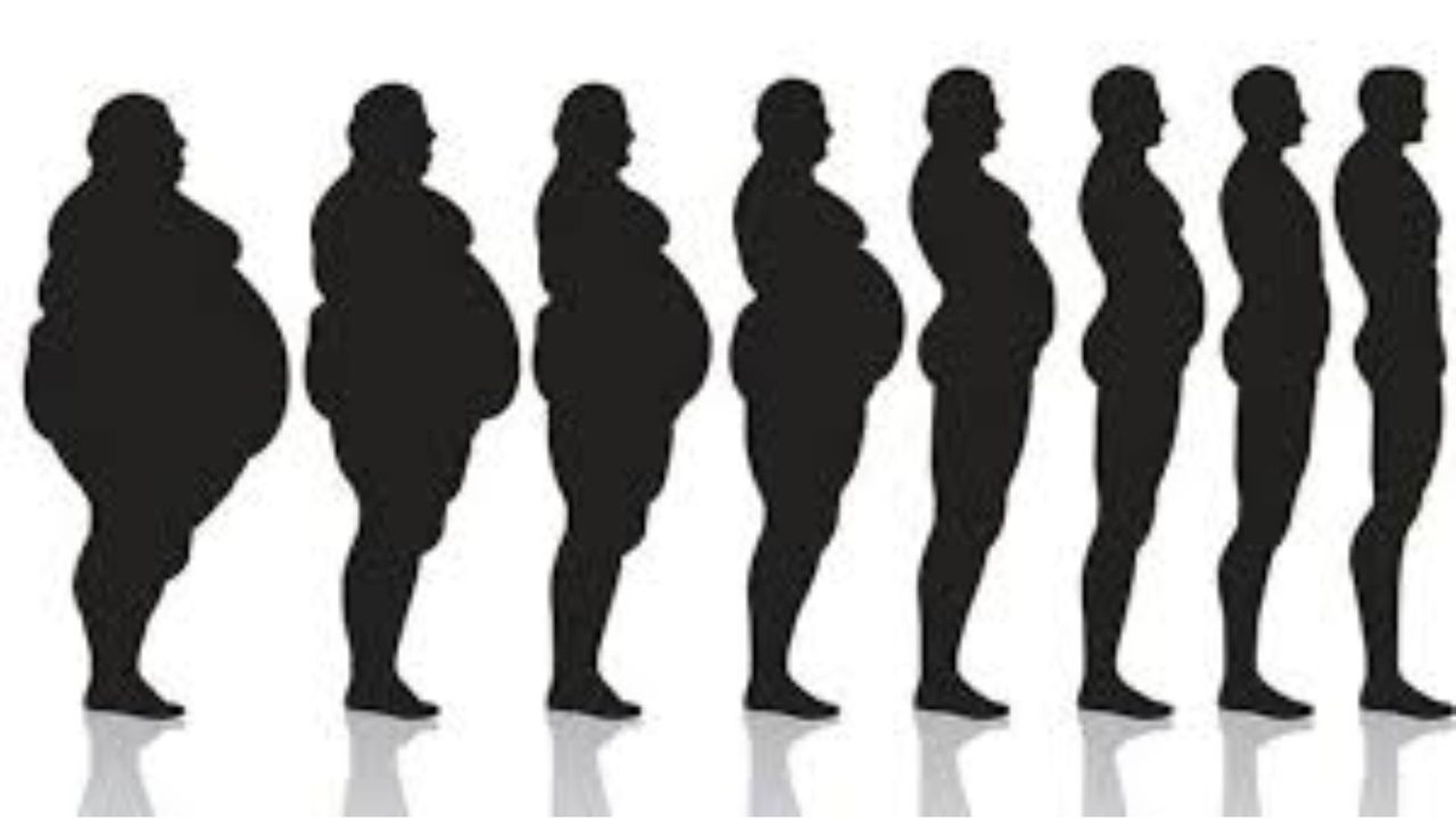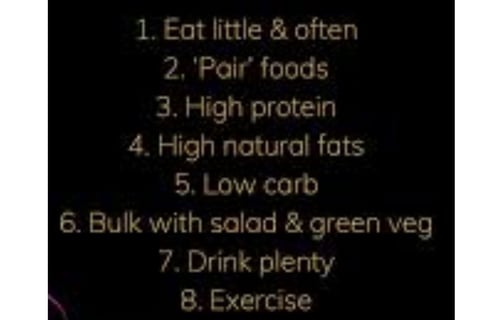
What’s the Golden Rule of Fasting? “X” ❌🍴 ⏰
Discover the golden rule of fasting: when to eat, when to abstain, and why timing matters. Learn how this simple principle supports effective fasting. ⏰❌🍴
FASTING
Dr Hassan Al Warraqi
3/13/20256 منٹ پڑھیں


The Golden Rule of Fasting
Unlocking Health, Clarity,
and Transformation
Nothing is equal to it
1. Understanding the Golden Rule of Fasting
Balance is Key
Fasting is not a punishment—it’s a partnership with your body.
The Golden Rule of Fasting hinges on balance, aligning with your body’s natural rhythms while avoiding extremes.
Core Principles
Respect Your Limits:
Start with a 12-hour fast (e.g., 7 PM–7 AM) and gradually extend by 1–2 hours weekly. Avoid jumping into 24-hour fasts unprepared.
Hydration is Non-Negotiable:
Sip water infused with electrolytes (sodium, potassium, magnesium) to prevent headaches. Herbal teas like ginger or peppermint curb hunger.
Nourish Wisely:
Break fasts with protein (eggs, lentils) and healthy fats (avocado, nuts) to stabilize blood sugar. Avoid sugary foods that spike insulin.
Listen to Your Body:
If you feel dizzy or irritable, shorten your fasting window. Fasting should energize, not deplete.
Debunking Myths
Myth 1: Fasting = Starvation
Truth: Starvation is involuntary; fasting is intentional and nutrient-focused.
Myth 2: Fasting Slows Metabolism
Truth: Short-term fasting (16–24 hours) boosts metabolism via norepinephrine. Only extreme fasts (7+ days) risk metabolic slowdown.
2. Science-Backed Health Benefits of Fasting
Fasting isn’t a trend—it’s a metabolic reset with proven benefits:
Key Benefits
After 16+ hours, your body recycles damaged cells, reducing cancer and Alzheimer’s risk.
Insulin Sensitivity:
Studies show fasting lowers insulin resistance, aiding type 2 diabetes management.
Heart Health:
Lowers triglycerides, LDL cholesterol, and blood pressure. The American Heart Association links intermittent fasting to a 30% reduced heart disease risk.
Gut Healing:
Fasting promotes microbiome diversity and reduces bloating.
Special Populations
Women: Opt for 12–14-hour fasts to balance hormones like cortisol and estrogen.
Athletes: Pair fasting with BCAAs during workouts to preserve muscle.
3. Fasting Methods: Find Your Fit
From intermittent fasting to spiritual practices, choose a method that aligns with your goals:
Extended Fasting
24–72 hours with electrolytes & bone broth
Cellular repair (autophagy)
Pro Tips
Time-Restricted Eating (TRE): Align meals with daylight (e.g., 8 AM–6 PM) for better digestion.
Warrior Diet: Fast 20 hours, feast on whole foods at night.
4. How to Prepare for a Successful Fast
Preparation prevents burnout. Follow this 7-day plan:
7 Days Before:
Cut processed foods and sugar to ease withdrawal.
Gradually increase fasting windows by 1 hour/day.
48 Hours Before:
Hydrate with 3+ liters of water daily.
Eat fiber-rich meals (chia pudding, leafy greens).
Day of Fasting:
Morning: Black coffee or green tea suppresses hunger.
Afternoon: Sip electrolyte water (1/4 tsp salt + lemon).
Evening: Stay busy with walks or journaling.
Breaking the Fast:
Start with bone broth or steamed veggies.
Avoid heavy carbs/alcohol to prevent "refeeding syndrome."
5. Sustaining Energy: Advanced Strategies
Electrolyte Mix: 1 tsp pink salt + ½ tsp cream of tartar + 500mg magnesium in water.
Movement: Light yoga during fasting; intense workouts in eating windows.
Sleep: Prioritize 7–9 hours to enhance cellular repair.
Mindset Tools: Track progress with apps like Zero or LIFE.
6. Overcoming Fasting Challenges
Practice OMAD (One Meal a Day) or adjust fasting windows.
Pack nuts, jerky, and electrolytes; adapt to time zones.
Weight Plateaus
Try fat fasting (80% healthy fats for 2–3 days).
Medical Issues
Diabetics: Opt for 12-hour fasts; consult a doctor.
7. Fasting for Weight Loss: A Metabolic Tool
Ketosis: After 12+ hours, your body burns fat. Confirm with ketone strips.
Hormonal Balance: Fasting lowers insulin and boosts HGH for muscle preservation.
Sample Meal Plan:
Breakfast: Spinach omelette + avocado
Lunch: Grilled salmon + quinoa + broccoli
Dinner: Chicken stir-fry with zucchini noodles
8. Mental Clarity & Focus: The Cognitive Edge
BDNF Boost: Fasting increases brain-derived neurotrophic factor, enhancing memory.
Neuroprotection: Reduces oxidative stress, lowering Alzheimer’s risk.
Productivity Hack: Schedule deep work during fasting mornings.
9. Spiritual Fasting: Beyond the Physical
Mindfulness: fast to cultivate detachment.
Modern Rituals: Pair fasting with digital detoxes or gratitude journaling.
10. Voluntary Fasting Beyond Religion
Adaptable Methods:
5:2 Diet: 500 calories 2 days/week.
Seasonal Fasting: Shorter fasts in winter to align with circadian rhythms.
Safety First: Consult a doctor if pregnant, ill, or on medication.
Conclusion
Your Personalized Fasting Journey
Fasting is a gateway to holistic health—physical, mental, and spiritual.
Golden Rules Recap
Moderation: Avoid extremes; honor your body’s signals.
Intentionality: Fast with purpose—whether for health, clarity, or growth.
Compassion: Adjust practices for vulnerabilities (pregnancy, illness).
Take Action
Join communities like The Fasting Method or Reddit’s r/fasting.
Pair fasting with meditation, exercise, and nutrient-dense meals.
SEO Keywords
Intermittent fasting, autophagy, ketosis, electrolyte balance, circadian rhythm, spiritual fasting, weight loss, insulin sensitivity, mindful eating, metabolic health.
FAQs About Fasting and the Golden Rule: Health and Spirituality
1. What is the Golden Rule of Fasting?
The golden rule of fasting revolves around abstaining from food, drink, and sexual activity from dawn until sunset.
In Islam, fasting goes beyond physical restraint—it demands spiritual discipline.
Muslims are encouraged to avoid negative behaviors like lying, gossip, and harmful intentions to purify the soul and strengthen their connection with God.
2. What is the Golden Rule for Weight Loss and Diet Success?
The core principle for sustainable weight loss is reducing overall calorie intake, not just relying on meal timing (e.g., intermittent fasting).
Studies show that weight loss in practices like the 16:8 fasting method succeeds primarily due to calorie restriction, not the fasting window itself.
Tips for Diet Success:
Gradual Lifestyle Changes: Prioritize sustainable shifts in eating habits, sleep, and exercise.
Balanced Nutrition: Focus on fiber-rich foods (vegetables, whole grains) and lean proteins to curb hunger.
Track Progress: Use apps like MyFitnessPal to monitor calories and macros.
3. What is the "Golden Rule of Eating"?
This rule emphasizes mindful, health-focused eating:
Moderation & Variety: Eat natural, whole foods (fruits, vegetables, nuts) and avoid processed items, refined sugars, and unhealthy fats.
80% Fullness Rule: Stop eating when 80% full to prevent overconsumption.
Freshness First: Choose perishable foods (e.g., leafy greens, dairy) to maximize nutrient intake.
4. How Does Meal Planning Support Long-Term Weight Loss?
Structured meal planning ensures:
Calorie Control: Avoid impulsive, unhealthy snacks.
Biological Rhythm Alignment: Eating at consistent times improves digestion and metabolism.
Practical Tips:Prep weekly meals in advance.
Use smaller plates to manage portion sizes.
5. Spiritual & Ethical Golden Rules of Fasting
In Islam, fasting is a holistic practice:
Moral Purification: Avoid dishonesty, gossip, and harmful actions.
Spiritual Growth: Deepen faith through prayer, Quran recitation, and charity.
Empathy Training: Cultivate patience and compassion for those in need.
6. Principles of Intermittent Fasting for Balance
To reap benefits without burnout:
Start Slowly: Begin with 12-hour fasts, then gradually extend.
Stay Hydrated: Drink water, herbal teas, or electrolyte-rich fluids.
Nutrient-Dense Meals: Break fasts with proteins (eggs, fish) and vegetables.
7. Science-Backed Health Benefits of Fasting
Beyond weight loss, fasting offers:
Cellular Renewal: Triggers autophagy (cellular cleanup).
Heart Health: Lowers cholesterol, blood pressure, and triglycerides.
Insulin Sensitivity: Reduces type 2 diabetes risk.
Brain Boost: Increases BDNF protein for cognitive function.
8. Overcoming Common Fasting Challenges
Adjust fasting windows or opt for OMAD (One Meal a Day).
Travel
Pack nuts, seeds, and low-sugar snacks; adjust fasting times gradually.
Weight Loss Plateaus
Try "fat fasting" (high-healthy-fat, low-carb meals).
9. Integrating Spirituality into Fasting
Mindful Reflection: Meditate or recite prayers during fasting hours.
Digital Detox: Avoid social media to enhance spiritual focus.
Gratitude Journaling: Write daily blessings to foster positivity.
10. Golden Rules of Fasting in Islam
Niyyah (Intention): Set your fasting intention before dawn daily.
Imsak (Abstinence): Avoid food, drink, and intercourse from dawn to sunset.
Purity: Women must pause fasting during menstruation or postpartum.
Moral Integrity: Steer clear of unethical speech or actions.
Final Thoughts
Fasting is a transformative practice for body, mind, and soul.
Whether for weight loss, health, or spirituality, following these golden rules ensures lasting results.
Always consult a healthcare provider before fasting if you have chronic conditions like diabetes.
SEO Keywords
Intermittent fasting, weight loss, golden rules of fasting, fasting in Islam, meal planning, health benefits of fasting, spiritual fasting, autophagy, calorie deficit.
Conclusion:
The presented sources reveal that the concept of the "Golden Rule" and fasting encompasses diverse and interconnected dimensions.
From a health perspective, the Golden Rule in intermittent fasting emphasizes focusing on reducing calorie intake and adhering to a balanced diet, alongside following fundamental guidelines to ensure the safety and effectiveness of this practice.
In the broader context of eating habits, while multiple "Golden Rules" are proposed, the central ideas that stand out are moderation and consuming natural, whole foods.
Religiously and spiritually, fasting transcends mere physical abstinence to become a tool for purifying the soul, strengthening willpower, and nurturing spiritual and moral awareness.
In this context, the "Golden Rule of Fasting" may entail abstaining from all that harms both the soul and body.
Finally, the "Golden Rule" emerges as a universal ethical principle advocating for treating others as one wishes to be treated—a concept echoed across cultures and religions. It serves as a guiding principle not only for health and dietary practices but also for holistic living, fostering harmony in interactions with oneself and others.
Key Takeaways:
Health: Balance calorie reduction with nutrient-rich eating.
Diet: Prioritize moderation and natural foods.
Spirituality: Use fasting to cultivate inner purity and discipline.
Ethics: Apply the Golden Rule universally for compassionate living.
SEO Keywords:
Golden Rule of fasting, intermittent fasting, balanced diet, spiritual fasting, ethical living, moderation in eating, calorie reduction, holistic health.









